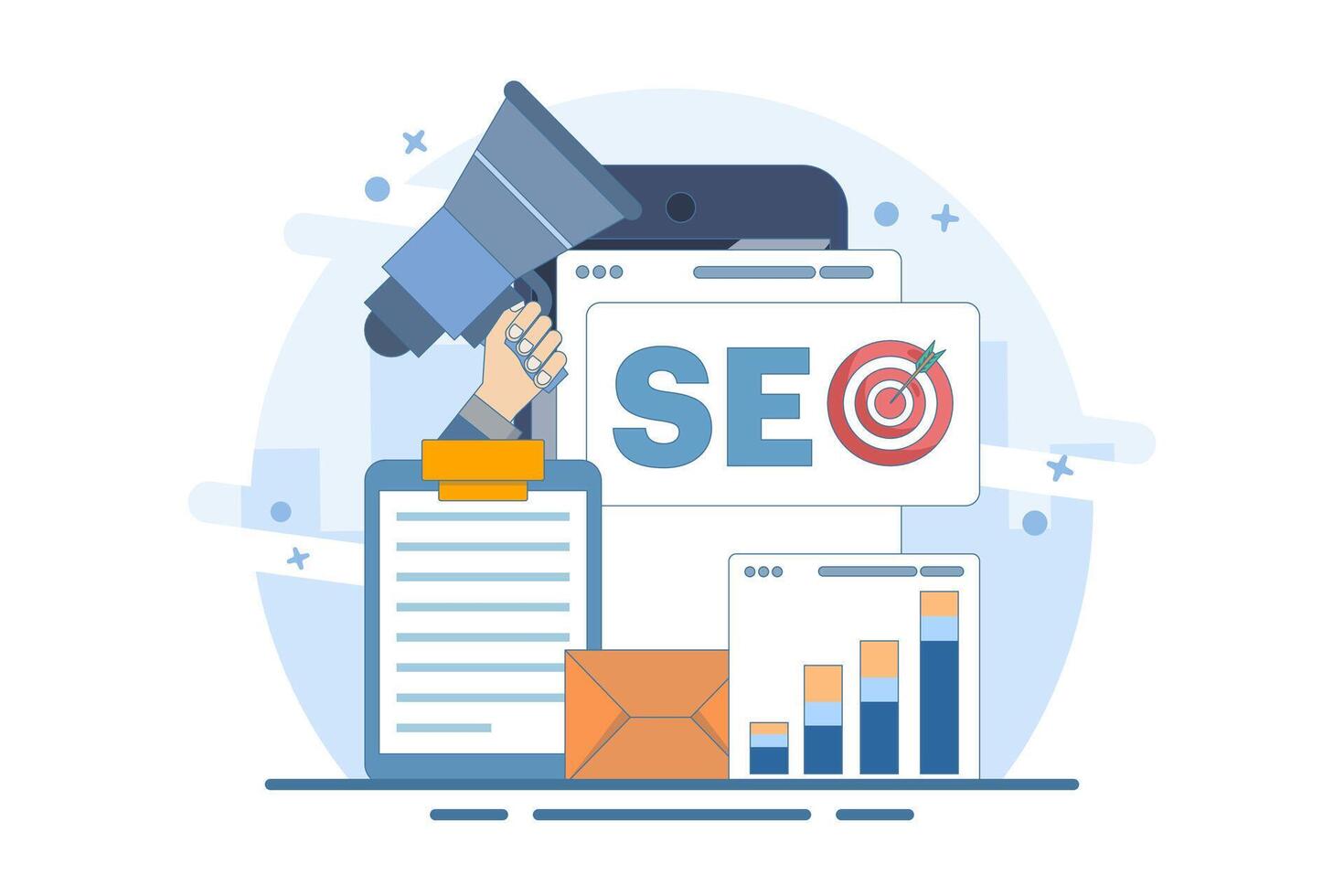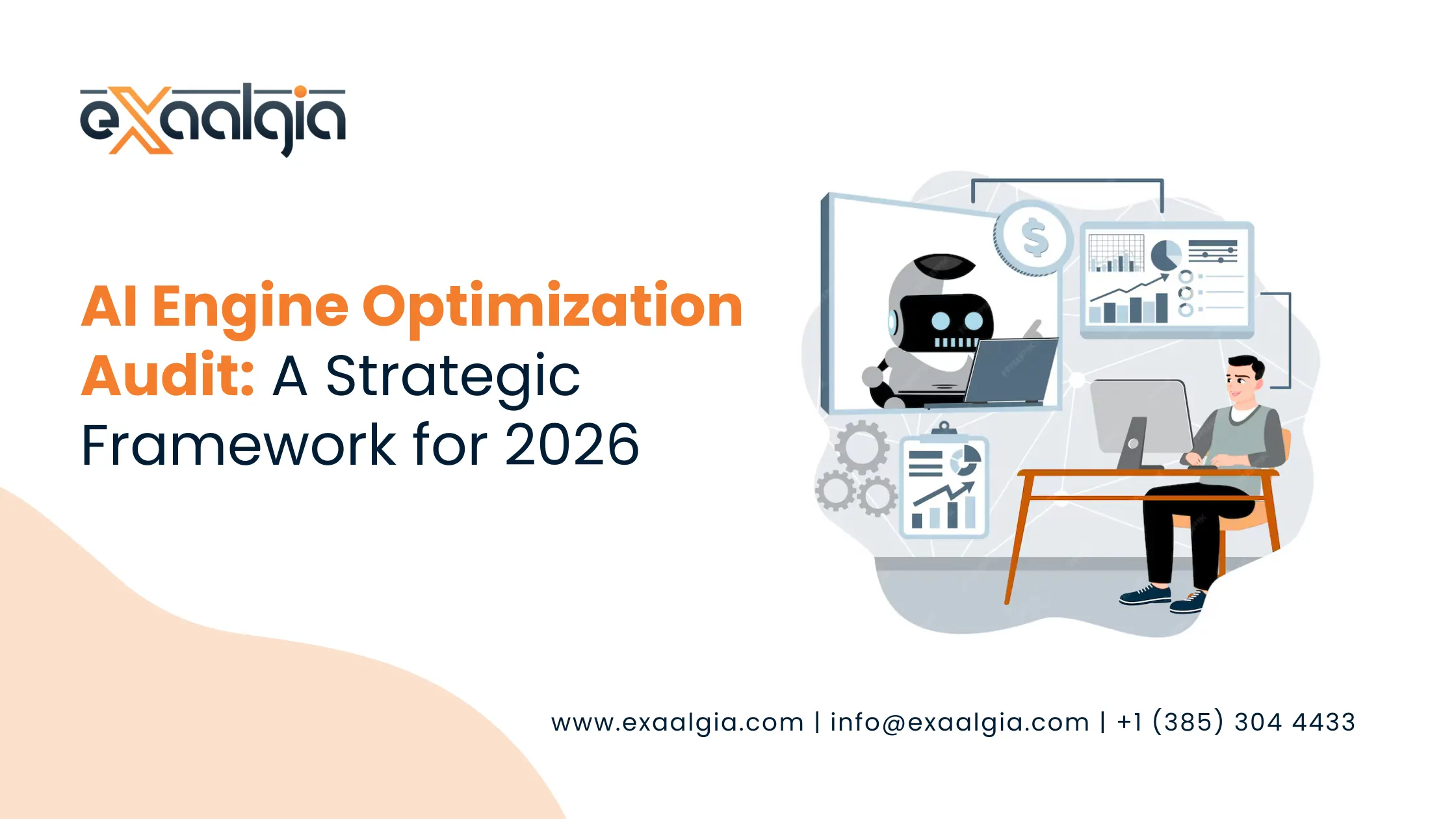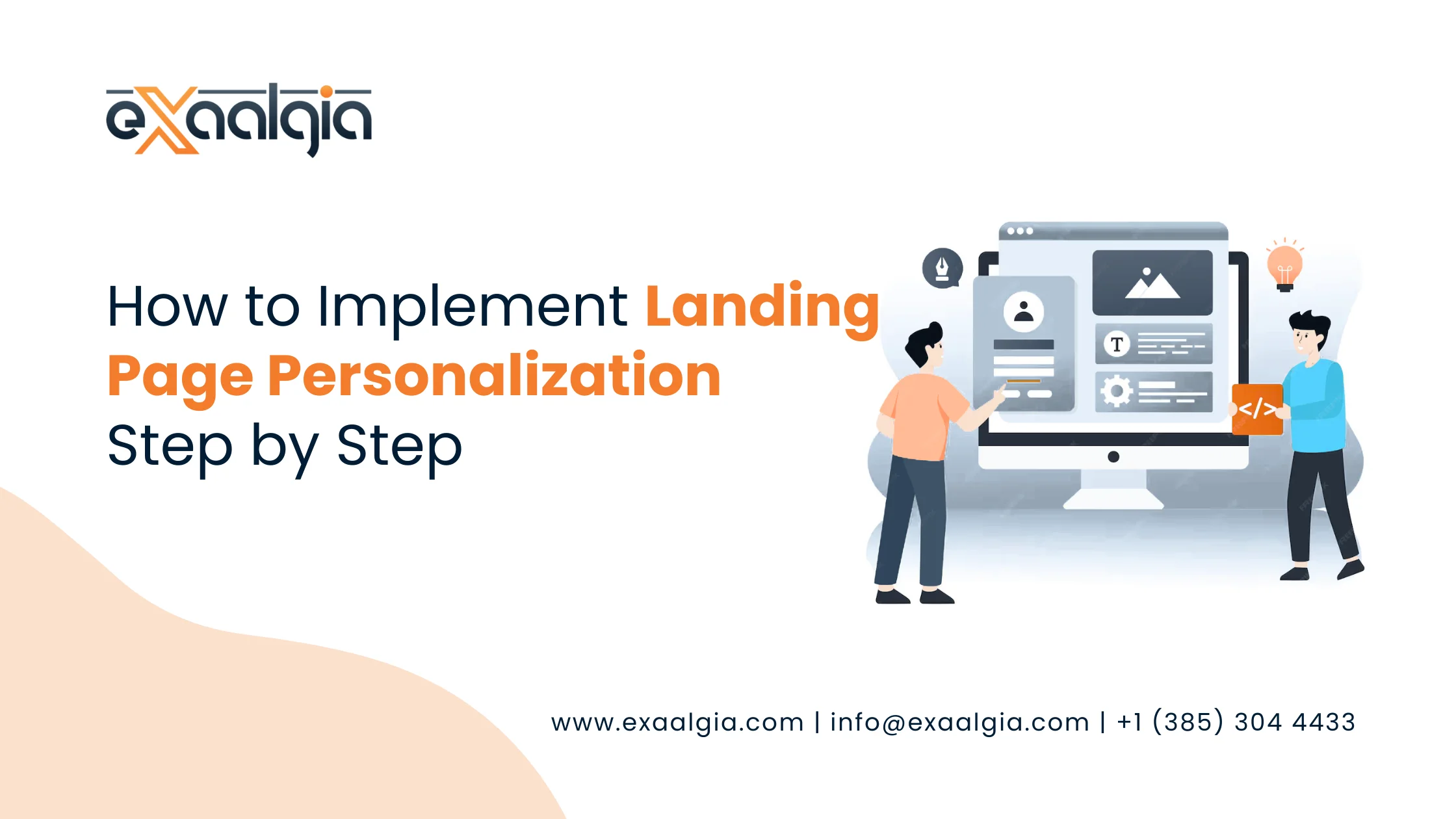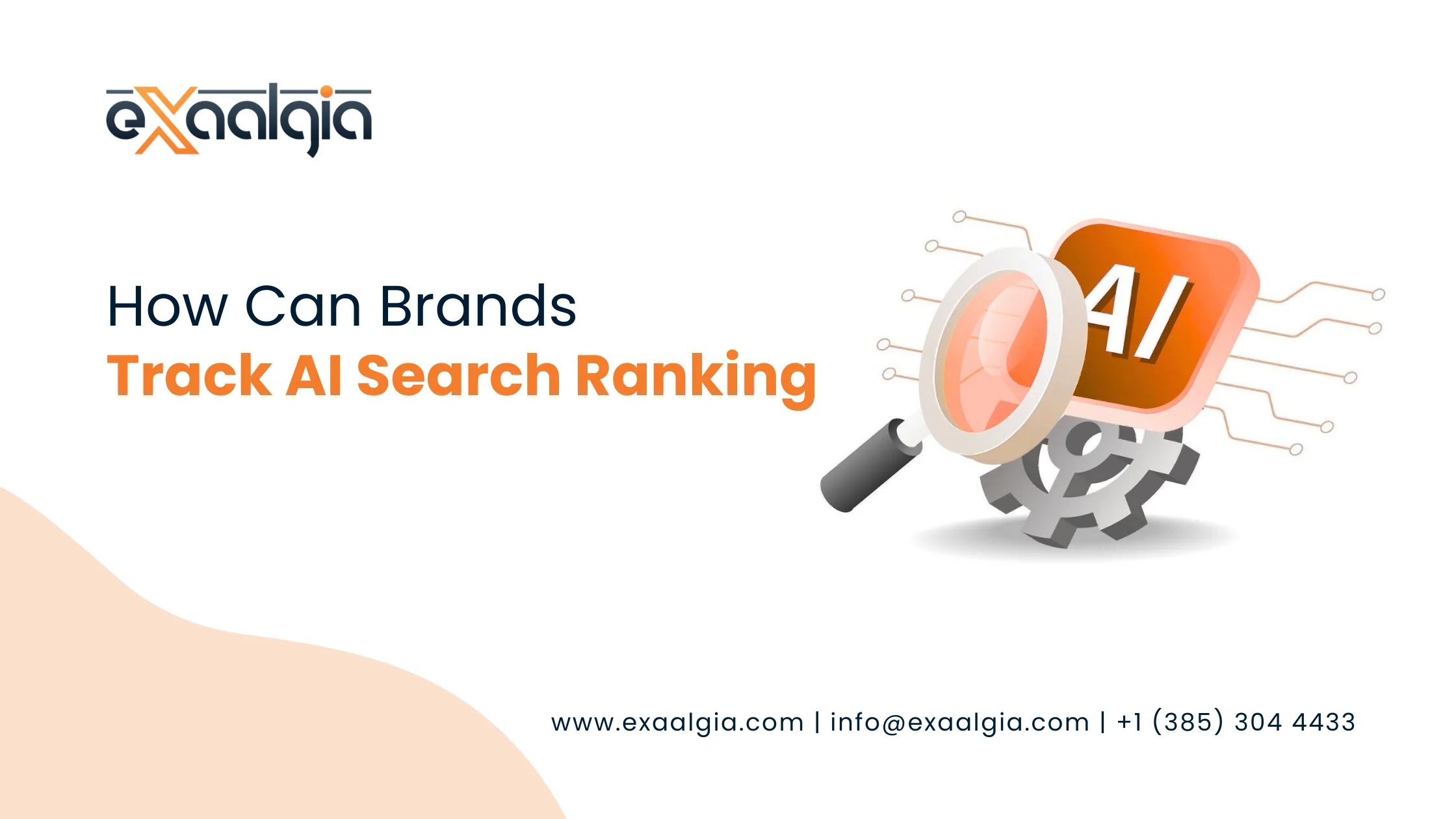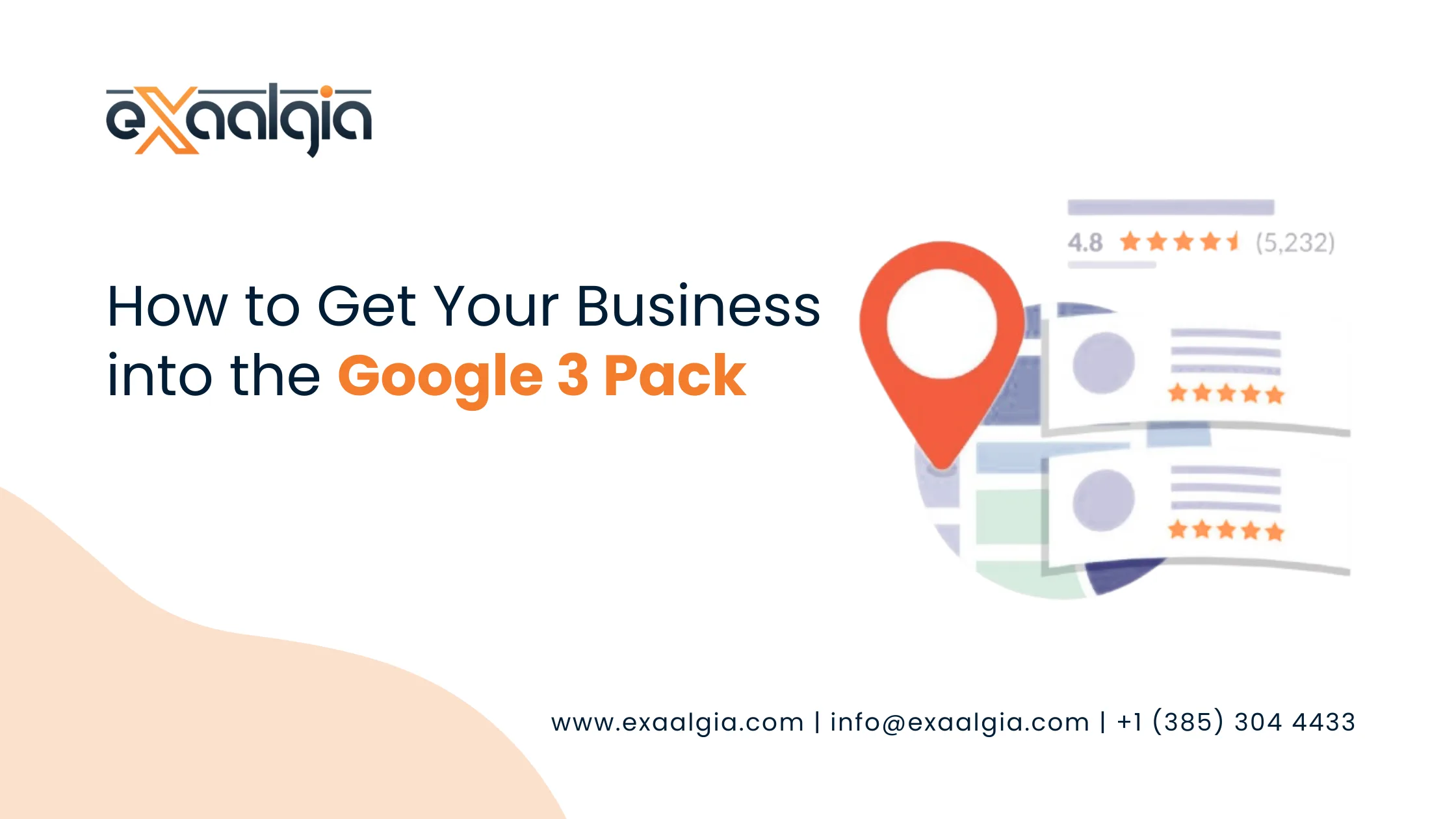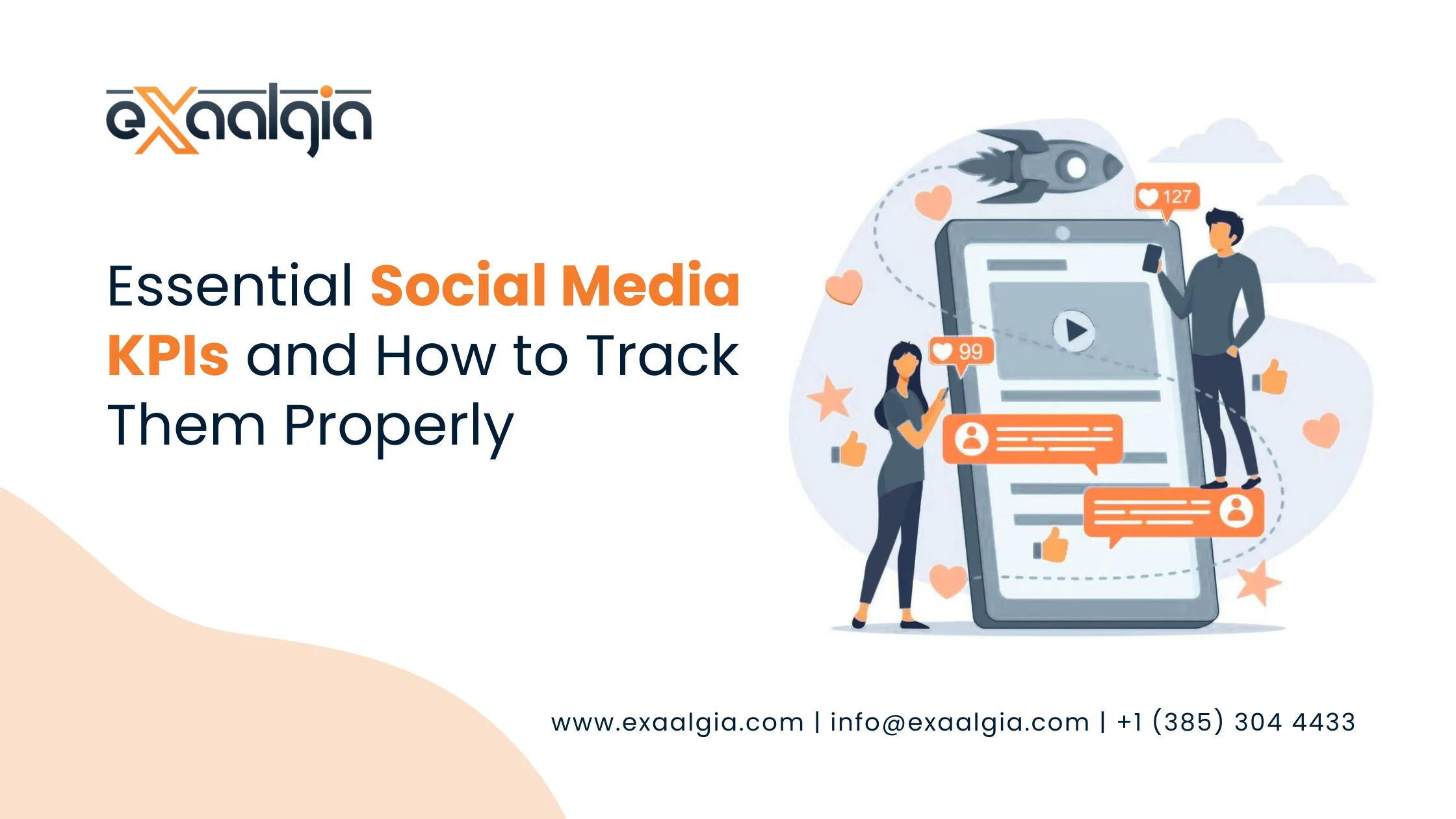Let’s break it down.
What is Entity SEO?
Entity SEO focuses on entities—concepts that are unique and well-defined—rather than just individual keywords. Think of “Apple.” Depending on the context, the search could refer to the tech company or the fruit. Search engines distinguish this through entities, ensuring the search results align with user intent.
This approach doesn’t replace keywords but enhances their significance by anchoring them within a broader context. By prioritizing relationship-based data (like “Steve Jobs” connected to “Apple Inc.”), search engines can provide smarter, richer results while improving user satisfaction.
For expert guidance, companies offering SEO Services USA often emphasize entity-based optimization as a key part of their digital marketing strategy.
Understanding Entities in SEO
Entities represent people, places, organizations, or objects that are distinct in meaning. Think of them as the building blocks of knowledge. For example:
- Person: Elon Musk
- Place: Eiffel Tower
- Organization: NASA
Search engines catalog these entities and their relationships in databases like Google’s Knowledge Graph. This makes it possible for algorithms to connect dots between seemingly unconnected pieces of information.
Many digital marketing services now integrate entity-based strategies to enhance content relevance and search visibility.
The Rise of Entity-Based SEO
As users demand more precise search results, search engines are evolving from merely matching keywords to understanding intent. Entity-based SEO allows Google to comprehend the nuances of search queries. This ensures that users get highly relevant answers, even for ambiguous searches or complex questions. The shift toward entities also aligns with advances in AI and machine learning, making search engines smarter.
If you’re working with a digital marketing agency, incorporating entity SEO into your strategy can significantly improve your search rankings and online authority.
How Entity Based SEO Works
To grasp the mechanics of Entity SEO, it helps to understand how search engines operate behind the scenes. Let’s look at the tools and frameworks that power entity-based optimization.
Search Algorithms and Context
Search engines, like Google, analyze not just the words used in a query but also their context. For instance, algorithms such as RankBrain and BERT interpret human language and connect entities intelligently. This means they can distinguish between “Amazon” (the river) and “Amazon” (the marketplace). This understanding allows for hyper-personalized search results.
The Role of Google’s Knowledge Graph
Google’s Knowledge Graph acts as a repository of interconnected entities and facts. It integrates information, like dates, relationships, and locations, to enrich search results. For example, when you search “Barack Obama,” the Knowledge Graph provides a detailed panel with his birthdate, presidency timeline, and related individuals.
Schema Markup and Entity Optimization
Schema markup is a type of structured data that helps search engines identify and categorize entities within your content. By adding rich snippets, you enhance your content’s visibility and create better contextual relevance. Tools like Schema.org make it easier to implement structured data on your site.
Why is Entity SEO Important?
Now that we understand how it works, let’s explore why it’s a powerful tool for modern SEO strategies.
Benefits for Website Rankings
Entity SEO improves your search rankings by creating more relevant, semantically rich content. Since search engines now prioritize user intent and understanding, applying entity-focused tactics ensures your website appears authoritative, highly relevant, and contextually accurate.
Impact on Voice and AI-Powered Search
With the rise of voice assistants like Siri and Alexa, search behavior has changed. Voice queries are often conversational and require deeper contextual analysis. Entity SEO aligns perfectly with this evolution by enabling search engines to provide precise responses.
User Intent and Audience Targeting
Entity SEO goes beyond keywords, anchoring content to user intent. Instead of broad traffic, it helps attract highly relevant audiences who are more likely to engage with your content, products, or services. This means better ROI and customer satisfaction.
At Exaalgia, we leverage entity-based SEO to drive meaningful engagement and improved search visibility for businesses across industries.
How to Implement Entity SEO
If you’re ready to embrace Entity SEO, here are practical steps to get started.
Performing an Entity Audit
Start by evaluating entities related to your business. Ask yourself:
- Which people, places, and concepts define my brand or industry?
- Are these entities appropriately represented on my site?
Tools like SEMrush or Ahrefs can help identify key relationships and gaps in your existing content.
Creating Content Around Entities
When creating content, focus on covering topics comprehensively rather than fixating on specific keywords. For example, instead of writing “best laptops for work,” explore entities such as “laptop brands,” “CPU specs,” and “remote work culture.” This enhances authority and relevance.
Using Internal and External Links Effectively
Smart linking strengthens the entity relationships within your content. Use internal links to connect related topics on your site, and leverage external links to reputable sources that validate the entities you’re discussing.
Final Thought
Entity SEO reshapes how we think about search optimization by placing context and relationships at its core. By prioritizing entities, businesses can rank better, attract a more targeted audience, and stay ahead in an ever-changing SEO landscape. As you refine your strategy, think beyond keywords and work to create a rich, interconnected web of relevant information.
Stay informed, take action, and unlock the full potential of Entity SEO!
FAQs
1. How does Entity SEO differ from traditional keyword-based SEO?
Entity SEO focuses on structured relationships and context rather than just matching keywords. It helps search engines better understand the meaning behind words.
2. How can I optimize my website for Entity SEO?
Implement structured data, use internal and external links strategically, and create content that emphasizes entity relationships.
3. What role does Google’s Knowledge Graph play in Entity SEO?
The Knowledge Graph connects relevant entities to provide richer search results, enhancing accuracy and relevance.
4. Can small businesses benefit from Entity based SEO?
Yes! Even small businesses can use Entity SEO to improve rankings, gain visibility, and attract more targeted audiences.
5. Does Entity SEO impact voice search?
Yes! Entity-based SEO enhances how search engines process conversational queries, improving responses for voice search users.

